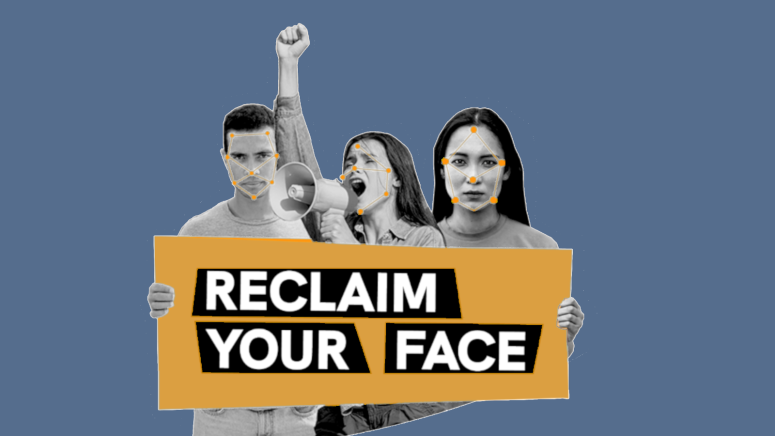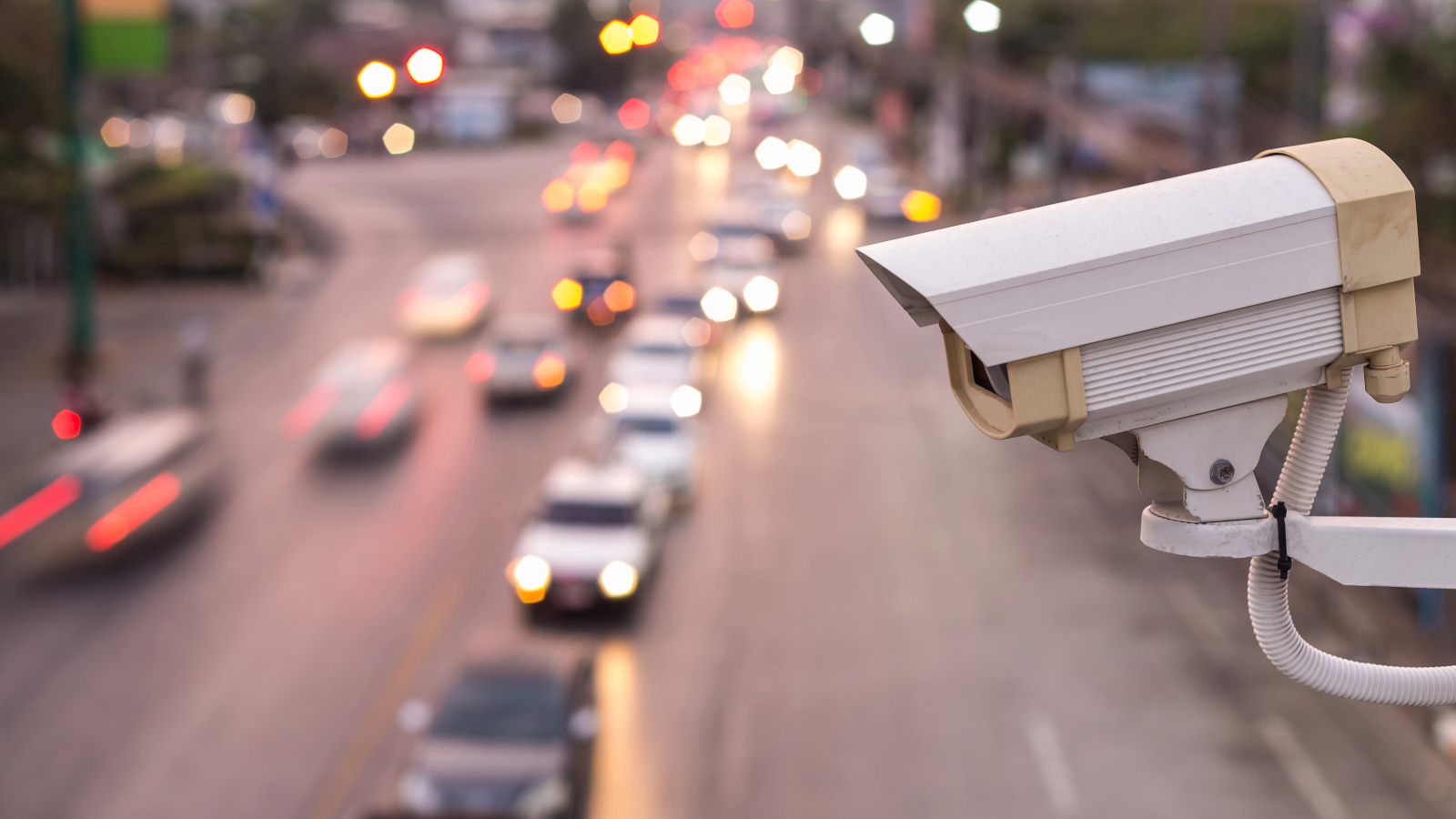
‘Reclaim Your Face’ Campaign Calls for Facial Recognition Tech Ban in Europe
- A new pan-European campaign seeks to bring the topic of facial recognition to the EU Commission.
- The roll-out of biometric surveillance tech is already underway, in violation of people’s human rights.
- The campaign needs at least a million Europeans to sign the petition, or it’ll have failed.
As we move deeper into 2021, facial recognition databases continue to get populated with the faces of billions of people, AI machine learning tools are getting systematically trained, and biometric surveillance cameras are being arbitrarily installed on various locations. All of that happens with no laws to control and govern the applications, apart from data protection regulations.
Privacy rights suffer, and where governments fail to take action, activists are stepping in. A new campaign named "Reclaim Your Face" is now underway, calling for the strict regulation of biometric surveillance in Europe.
The campaign has 14 months to gather at least one million signatures, which is the number required (by law) to take things to the European Commission and demand a review of the case. AI and facial recognition technologies have been placed in the EDPS workshop’s agenda for the development of a strategy that goes as far as in 2024 - but although the discussion started over a year ago, and although there were rumors about a ban in all public spaces, the EU hasn’t presented a solid proposal that would lay the ground for a legal context.
The "Reclaim Your Face" campaigners rightfully feel that this matter cannot be delayed any longer, as the rolling out of invasive technologies is well underway already. The European Digital Rights advocacy group has already presented evidence of 15 EU countries breaking their own human rights rules using mass-surveillance tools that use biometrics.
We now have schools in France, public transport companies in Germany, event organizers in Denmark, shops in Italy and the Netherlands, and migration authorities in Poland, all using some kind of facial recognition tech.
Ella Jakubowska, Policy & Campaigns Officer at European Digital Rights, commented on CyberNews:
At the moment of writing this, about 35,600 people have signed the petition for a new law that would strictly regulate the use of biometric technologies in the EU area. If you are a citizen of one of the 27 EU countries, and even if you currently live outside the EU, you are still eligible for signing the petition.













